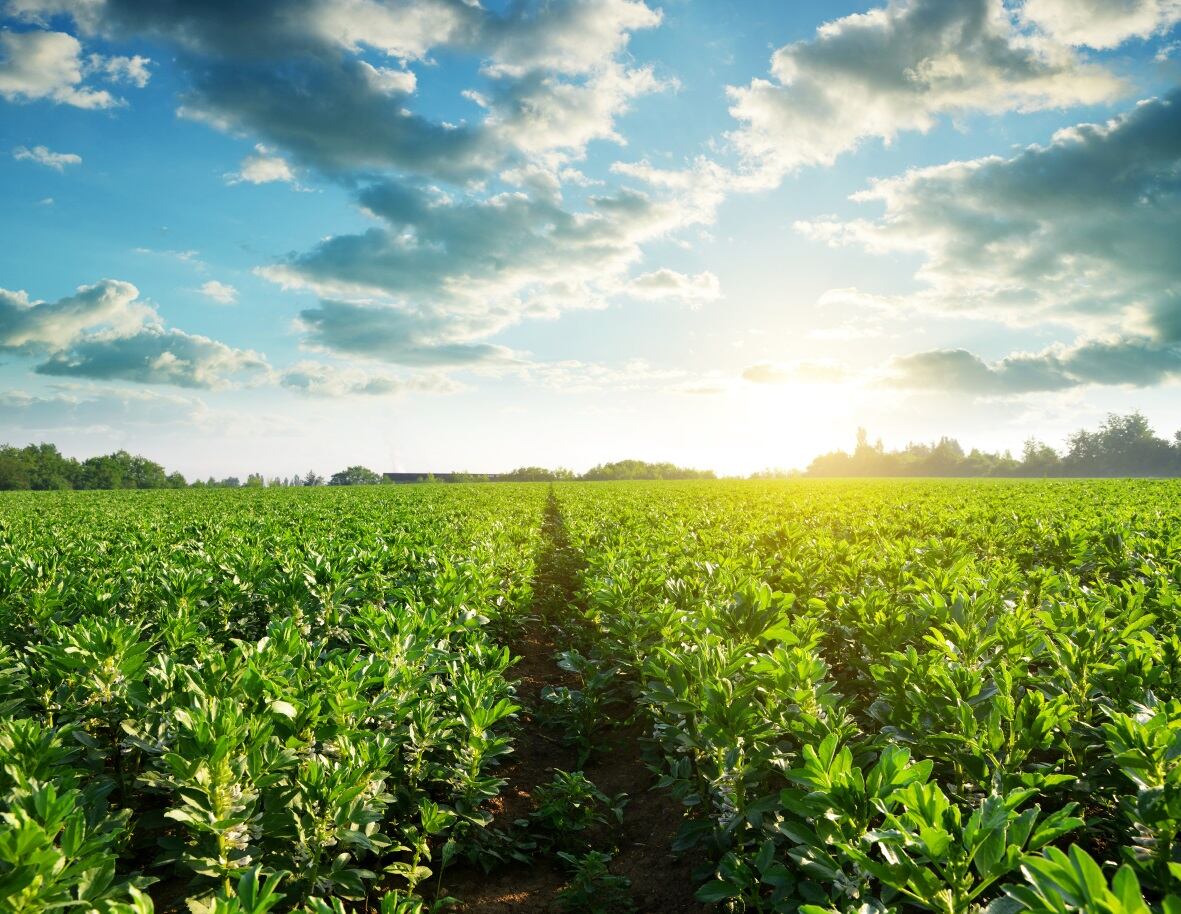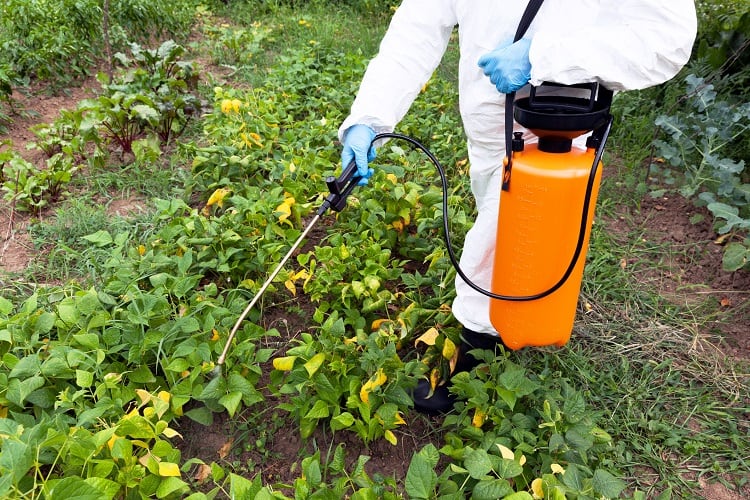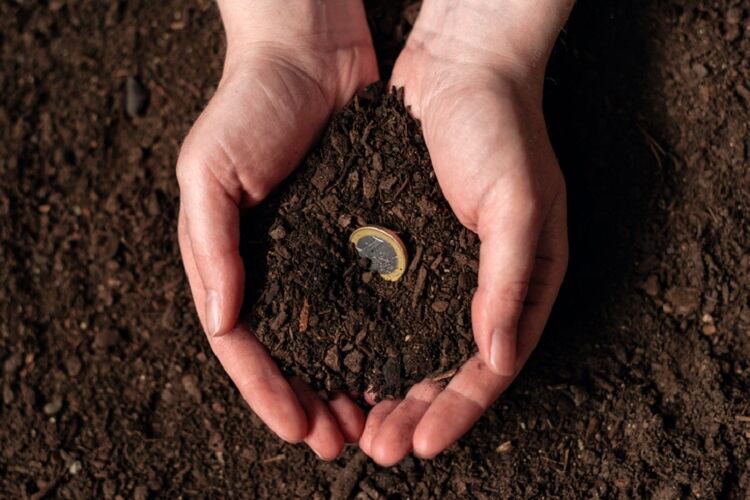In an address to the French people this week, President Emmanuel Macron discussed his government’s response to the coronavirus pandemic sweeping the world.
Detailing plans to ‘gradually reopen’ French society from 11 May, Macron turned some attention to more fundamental adjustments the country will need to take when it is eventually able to exit lockdown.
On the one hand, Macron mounted a defence of the forces of globalisation. The message: We are all in this together. “Today, in Bergamo, Madrid, Brussels, London, Beijing, New York, Algiers or Dakar, we mourn the dead,” he stressed.
In response to a world that could ‘undoubtedly fragment’ it is ‘our responsibility to build solidarity and new cooperation’, Macron argued.
In the next breath, however, the limits of Macron’s internationalism seemed to come into focus. “We will have to rebuild our stronger economy in order to… give hope to our employees, our entrepreneurs, to keep our financial independence. We will have to rebuild French agricultural, health, industrial and technological independence and [greater] strategic autonomy for our Europe.”
Luca Bucchini, managing director of regulatory specialists Hylobates Consulting, is not surprised by Macron’s comments, which should be viewed in the political context of France’s powerful agricultural lobby.
“He has not been hesitant to ignore EU rules when this suited his national politics, even if this inflicted long term damage to EU law,” Bucchini suggested pointing to France’s decision to ‘bypass EFSA and EU rule-making’ on titanium dioxide or on origin of milk labelling.
“The consequences are evident: Italy has announced its regulations on origin of milk, semolina for pasta and of rice, which were set to expire, to continue their validity, despite the regulations themselves stated that they would cease to apply with the primary ingredient EU regulation.
“These Italian initiatives would not have been possible without Macron's (or at least his government's) insistence that the French origin of milk regulation would continue to apply despite the primary ingredient regulation. And let's ask Belgian farmers about the protectionist effect of this French legislation,” Bucchini told FoodNavigator.
“From a food perspective, Macron has not been such a pro-European as you would expect, but far closer to populist governments he generally opposes.”

Populism, protectionism and production
Current popular sentiment would certainly support increased self-sufficiency in food production across many European markets.
Panic buying prompted by the coronavirus crisis and ensuing shortages on shelf have placed the precarious nature of food supply front of mind for many citizens. And despite the European Commission's efforts to keep food trade flowing, checks and delays at the boarder have interrupted highly interconnected food chains.
Mike Hughes, research and insight director at FMCG Gurus, believes that demand for locally produced food during the COVID-19 pandemic is being supported by two key drivers – trust and availability.
“It must be remembered that whilst countries in mainland Europe are seeing hope that the peak of the pandemic has passed, there is fear or a second wave. This is something that could further impact on global supply chains, especially if a second wave prompts stricter lockdowns.
“Additionally, in times of uncertainty, consumers can demonstrate greater feelings of ethnocentrism. This means that they can be less trusting of products from outside of their home country and in addition, place greater emphasis on protecting local suppliers, especially when a recession seems inevitable. As such, locality will be increasingly important so that countries can be self-sustainable and also reassure concerned consumers,” he predicted.
Hughes told FoodNavigator that protectionist attitudes to food production will not only have intensified as a result of the pandemic but are likely to remain long after COVID-19 has peaked.
Hughes pointed to an increase in consumer appetite for ‘fresh and natural foods’ as well as scratch cooking. “In both instances, this is something that is synonymous with local produce.”
Perhaps more significant will be the economic incentive to buy local. “From an economic perspective, it will be deemed more important than ever to protect local suppliers who will fear going out of business.”
‘In Italy, it would seem an extravagance’
Not all European countries are responding in the same way to the COVID-19 crisis. Italy, which has been hardest hit by the outbreak of novel coronavirus and was first to go into lockdown, is already reeling from the economic consequences.
According to Bucchini, who is based in the country, Italy’s usually vocal and protectionist food industry is more interested in promoting Italian exports than the ‘made in Italy’ brand at home.
In grocery stores, the country is seeing economic downturn hit consumer spending power. “We are seeing problems with traditional, high quality Italian products, as consumers seem less keen on products to be shared with friends or with your partner and a glass of wine and prefer more mundane products for foods made at home,” he told this publication.
Basics are in high demand: Yeast is ‘almost impossible to find’ and flour ‘comes and goes’.
“The national self-supply issue not very high on the agenda. Trade organisations, including Coldiretti, normally the cheerleader and driver of the all-Italian agenda, have more pressing issues right now.”
These include grappling with labour shortages in agricultural production, an issue threatening to hit the harvest.
Simply put, priorities other than the ‘Made in Italy’ mark are more pressing. “The focus in coming months will be to make the economy work, to deliver foods to all, to ensure food security and to re-start exports of high value foods,” Bucchini predicted.
In this circumstance, he believes that the protectionist rhetoric around food in Italy will fade… ‘at least for a while’.
“Italy needs to import lots of raw materials, both to meet internal needs and to produce food to export. Things would dramatically change only if agricultural products from the rest of the EU, or Third Countries, become scarce, or countries introduce limitations.”
Protectionism in Italy at a time of such extreme economic crisis would ‘seem an extravagance’, he concluded.
An à-la-carte approach to EU rules?
If economic conditions mean putting food on the table and supporting exports are of paramount concern right now, Bucchini does suggest that the longer term implications of protectionist sentiment could nevertheless be significant for the European Union.
“The whole European project is somewhat in doubt. Unless the EU makes a strong come back, Italy will follow France on an à-la-carte approach to EU rules,” he warned.
This is an outcome that trade body FoodDrinkEurope is strongly opposed to.
“Recent calls by some countries advocating for consumers to 'buy local' are understandable, but they are a concern if they create barriers to trade,” warned a spokesperson for the organisation.
This trend would be a negative for both consumers and businesses, the spokesperson argued.
“Undermining the principles of the Single Market and the free movement of goods could jeopardise consumers' access to certain foods and further aggravate the economic situation across the EU as trade is a significant source of jobs and revenue in the European food and drink sector.
“What we need in these challenging times is unity and solidarity across the EU, to focus efforts on keeping food supply chains going and to show appreciation for the people working in the EU food supply chain who are ensuring that consumers can access safe, affordable, and high-quality food and drink during the COVID-19 pandemic.”




